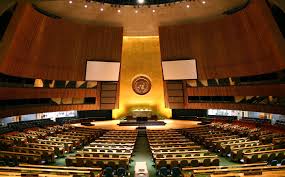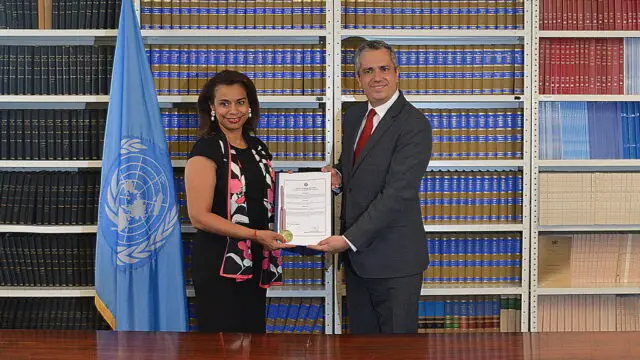
Costa Rica today satisfaction for the early entry into force of the Treaty on the Prohibition of Nuclear Weapons (TPAN), after being ratified by Jamaica, Nauru, and Honduras, thus fulfilling the requirement of 50 approvals.
“Costa Rica congratulates itself this achievement of humanity, and congratulates Honduras on becoming the 50th State to ratify the Treaty, and with it, allowing its entry into force as of January 2021,” said the Minister of Foreign Relations and Worship, Rodolfo Solano, according to a press release from that portfolio.
“This is a powerful sign of the virtues of multilateralism and the unwavering struggle for peace,” said Solano, who called the event a historic moment, a message of hope and peace for humanity.
With this, he stressed, “we remove the catastrophic humanitarian consequences that would derive from any use of nuclear weapons, and represents the unwavering will of the majority of the peoples of the world to avoid the recurrence in the use of these weapons, including their accidental detonation, miscalculation or design”.
“Today we continue to write with determination a new page in the history of nuclear disarmament. Costa Rica is resolutely committed to this and expresses its immense gratitude to the efforts of those who believe in the value of Humanity,” Solano praised.
Full entry into force

For its part, the Foreign Ministry maintains that from this moment on, the TPAN will begin to deploy its normative force, stigmatizing nuclear weapons, through the first legally binding instrument that prohibits them, considers them illegitimate and illegal in international law.
And this legal prohibition comes at a strategic time when the Nuclear Powers are immersed in a new arms race. For the first time in history, a strong unified voice says: It is time to end the era of nuclear terror, he notes.
Costa Rica was the third country to sign the TPAN during the opening for its signature, on July 5, 2018.

